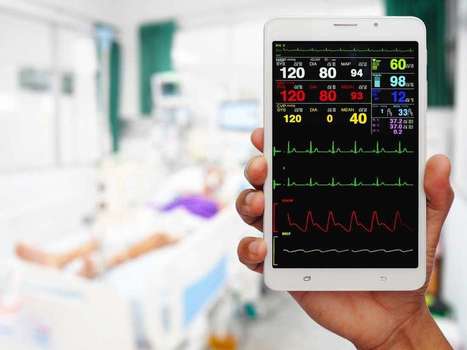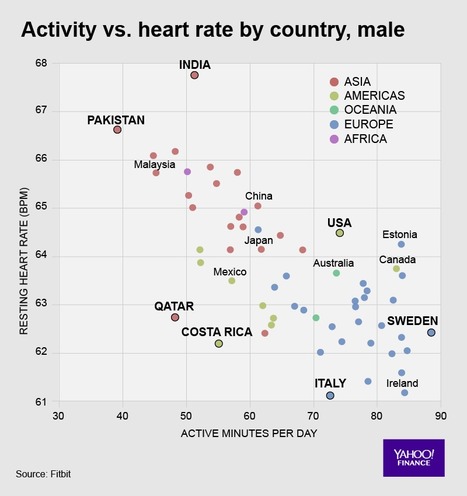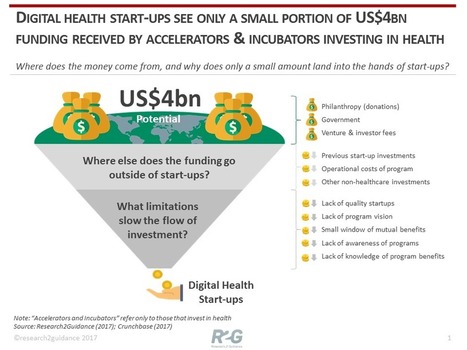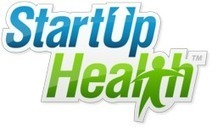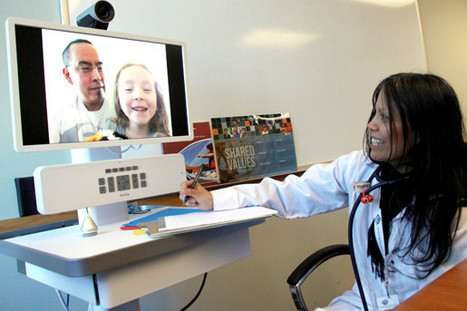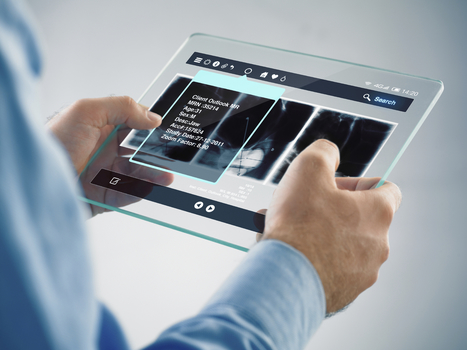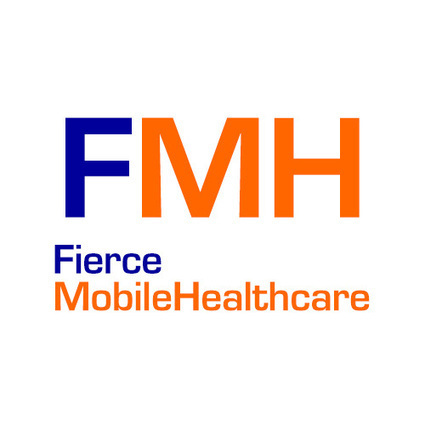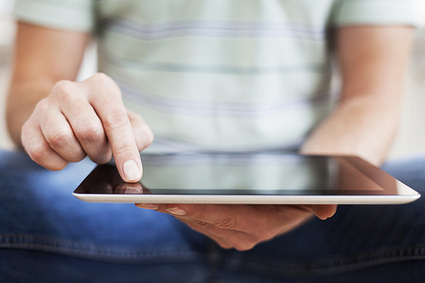The future of pharma is going to involve some major culture shifts for a business that has long been focused on slow development cycles, proprietary molecules, and close-held secrets. That’s the word from representatives from Bayer, Boehringer Ingelheim, Healthware International and BTG, a group that ran the gamut from small to big pharma at Pharma Roundtable onsite at Health 2.0 in Santa Clara.
The first culture shift for pharma is one that’s often discussed: the industry needs to find ways to innovate in an iterative, lean startup way to figure out what works in the new world of digital.
“Certainly what I’ve learned in the last three months is there’s tons of ideas, tons of projects, but that oomph of actually landing them is where the challenges lie,” said Eugene Borukhovich, who recently started working at Bayer in the role of global head of digital health incubation and innovation. “Experimentation is core to R&D, but for some reason a lot of my colleagues can’t bring that into the digital world.”
The second culture shift was outlined by Amanda Goltz, the director of digital innovation at BTG, the smallest pharma company on the panel. Goltz outlined the need for pharma to be open to creating digital interventions that are drug-agnostic, potentially helping out their competitors.
"Competing with each other isn’t going to get us anywhere, that’s not where the market is going,” she said. “To a certain degree drugs and devices are being commoditized in the value-based reimbursement world. A smart member of the pharma company focuses not on selling more than the guy next to him, but on improving the value in terms of measurable health outcomes.”
Improving medication adherence, for instance, should help everyone sell more drugs because patients will refill their prescriptions more, and apps have the potential to improve adherence. But patients who take multiple drugs from multiple pharma companies don’t want an adherence app for each pill they take.
Finally, Larry Brooks, director of business innovation at Boehringer Ingelheim, laid out a third culture change: pharma needs to think more about the patient, their end user, than they have in the past.
“I know it’s a buzzword to say we’re patient-centric or person-centric, but I think we’ve really lived it,” Brooks said. “We’ve spent a lot of time learning how a person with COPD or schizophrenia lives their life and how their caregiver supports them and their providers are approaching their care. And from that, we learn the associated challenges, and we then put forward solution concepts that would solve for them; a typical lean design approach. But it’s really come to life for me because when you get feedback from people explaining how what we’re doing can really genuinely help them, it’s really magnificent.”
Being patient-centered and being drug-agnostic are two sides of the same coin, really. Brooks talked about how those two culture changes have already started to play out at Boehringer, in how they evaluate pilots.
“We used to really focus on how the technology can drive alignment to the core business,” he said. “And the measurement was simple: if we could run a pilot to the point where we’ve proven the business case to an internal group, they would take it on. But now the validation of the investment is much more customer-centric. If we can really drive value for a person with a particular chronic disease, developing things like engagement with that person, developing a data asset, those are much more valuable and longer term investments.”
The last panelist, Healthware International CEO Roberto Ascione, brought it home with a comment about what it would take to facilitate these kinds of changes.
“If i need to go to the bone of it in my opinion, leadership is really important,” he said. “Not just the vision, because the vision is easy. You can give a great talk and say ‘That’s the future we’re going to go to and that’s it’. But I think the pull-through leadership is very important. When there are budget cuts, something I think everyone has gone through, years ago digital projects, digital marketing were the first things that were cut. At the end of the day, leadership that says ‘No, we’re here, we’re going to do this, we might sacrifice other aspects which are already kind of charted to take a risk on this, which is clearly a big part of the future’ is the single factor that I think can make a big difference.”
Via
Pharma Guy
 Your new post is loading...
Your new post is loading...
 Your new post is loading...
Your new post is loading...






